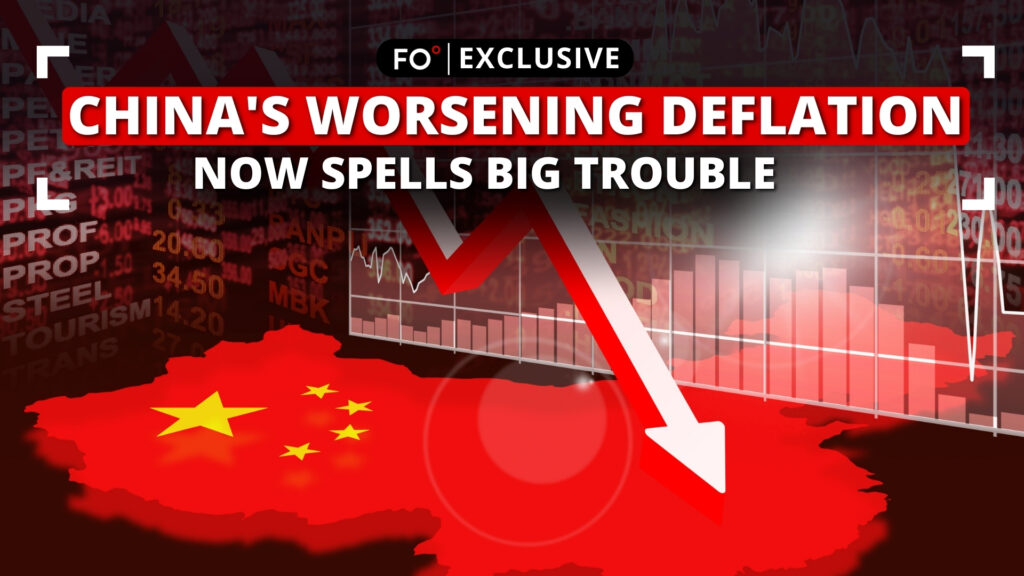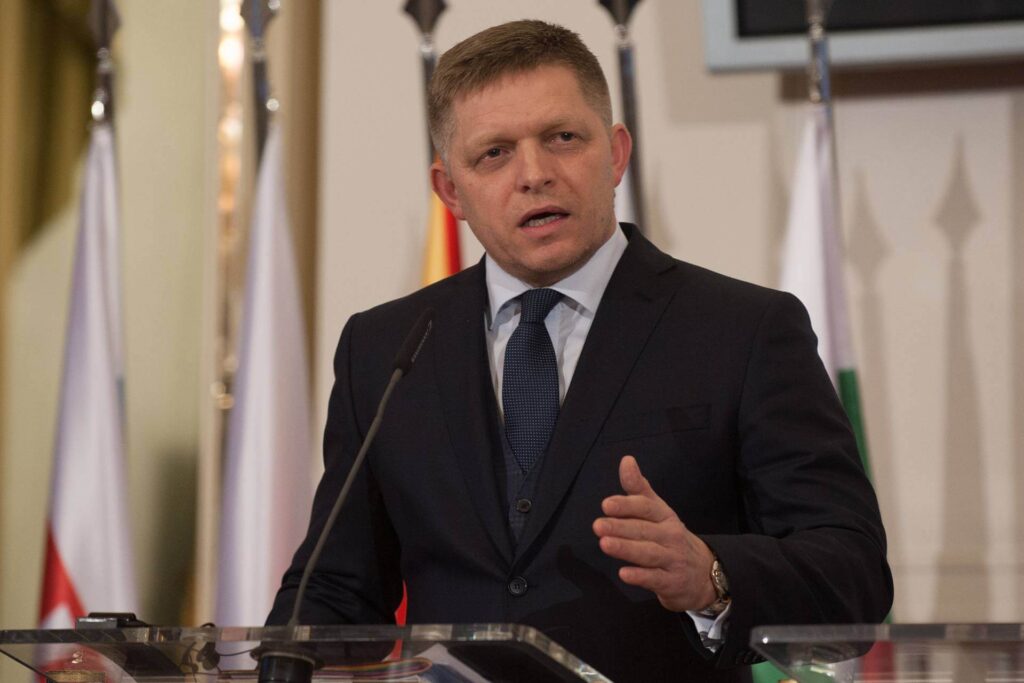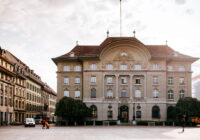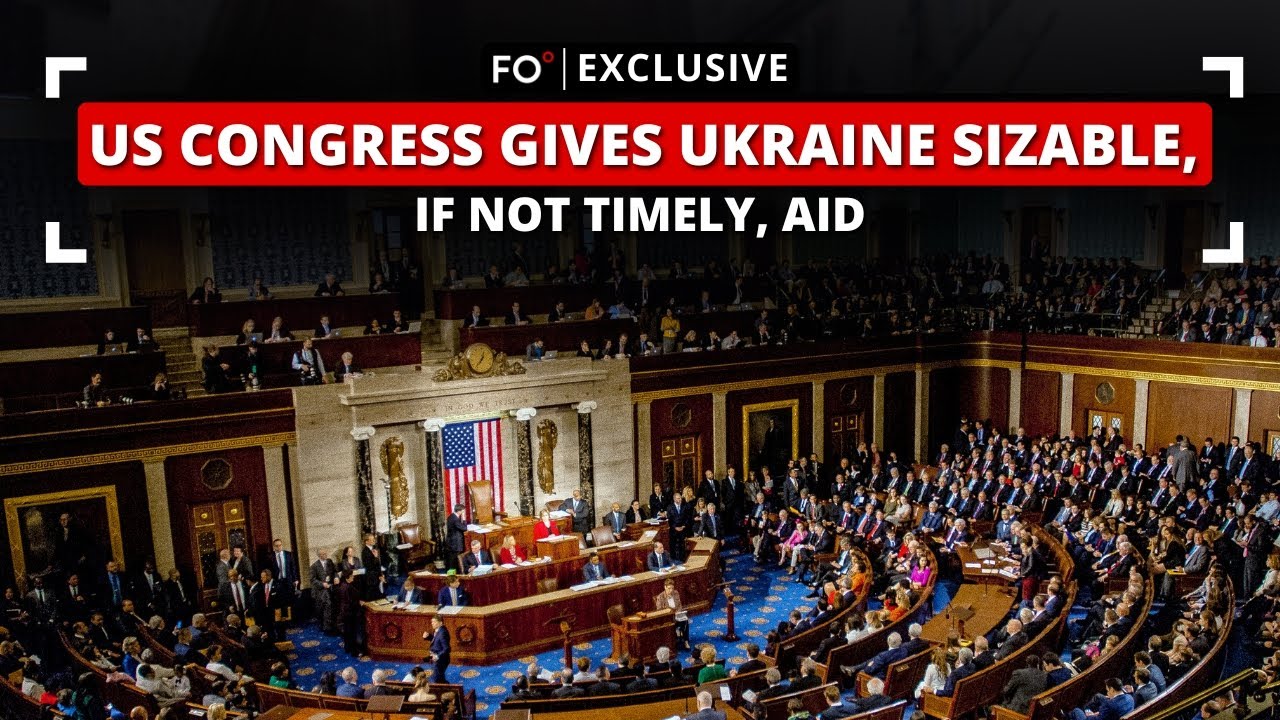Switzerland occupies a unique place in the international system. It has pursued a policy of neutrality for centuries, and has not been involved in a war since 1815, when the Napoleonic Wars that raged across Europe came to an end. But Switzerland is not isolated. It is deeply engaged in the world through diplomatic, cultural and financial exchanges. Geneva itself hosts numerous international institutions, like the United Nations High Commissioner for Refugees, the World Trade Organization and the Red Cross. The Geneva Conventions, the foundation of international humanitarian law, were signed here.
Switzerland has been neutral for so long that neutrality has become part of its identity. It is what makes the country unique, giving Switzerland a unique vantage point in world affairs. To find out more, we asked Swiss diplomat and author Thomas Greminger the question: “How does Switzerland see the world?”
Of course, in many ways, the world doesn’t look so different from the high Swiss Alps as elsewhere. International norms seem to be crumbling. Russia has brought back hard-power politics and invaded its neighbor, Ukraine, with no legal justification. China is eyeing Taiwan and staking out the South China Sea as its private lake — much to the chagrin of its neighbors who share this sea. War has broken out again in the Middle East, with Israel invading Gaza and missiles flying everywhere from Yemen to Pakistan. The world is chaotic indeed. There is much wisdom in the Swiss policy of staying out of conflict.
The US has played its part, and so have others
Many Swiss observers lay the blame for this chaos at the feet of the US. The global hegemon has not done a good job of managing affairs as of late. Donald Trump, the former president and the Republican frontrunner for the presidential ticket, introduced much instability into the international system. His unpredictable and erratic foreign policy left both allies and foes guessing. Today, countries from the Middle East to East Asia are increasingly worried that they will have to rely on their own devices instead of the US. They are preparing for conflict rather than trusting in a tranquil, American-backed world order. This preparation has made nations more suspicious and more reactive, making the world more volatile.
As nations pull up the drawbridges, they are economically disengaging from each other. Nearshoring, friendshoring and reshoring are the watchwords of the day. Trade between China and the West is under strain as Washington and Beijing impose tit-for-tat tariffs in an ongoing trade war. Financial interconnectivity between the developed world and the developing world is under pressure.
Even as trade declines, China’s economic growth is flagging. Like Germany, Switzerland is feeling the pinch as China enters a deflationary period and Chinese demand for foreign goods consequently drops. Fortunately, Switzerland is more diversified than Germany and not as reliant on exports to China as its northern neighbor. Therefore, the Swiss economy is not suffering as much as the German one.
Related Reading
Not only the Chinese economy but also the Latin American economies are in the doldrums. Much of Africa is suffering and military coups are overthrowing democratic governments in many countries. Some of these coups have popular support. Even Asian economies, with the exception of India, Vietnam and a handful of others, are no longer growing that fast. Switzerland, with a highly developed financial industry, has been deeply invested in developing economies across the world. For now, the only thing this small country can do is batten down the hatches, continue to diversify and hope for more favorable conditions in the future.
Swiss observers are worried, too, about the state of their own continent. Democratic norms are weakening in Europe. In the Netherlands, the nationalist, anti-Muslim politician Geert Wilders took the lion’s share of votes in the November 2023 elections. In Germany, the far-right Alternative for Germany is on the rise. And Georgia Meloni, the far-right prime minister of Italy, hails from a party with post-fascist roots. The chatter in Austria, Switzerland’s neighbor to the east, is that the populist Freedom Party is looking strong. Austrians go to the polls in June. In Slovakia, Robert Fico has begun his assault on democratic institutions, attempting to bring the mechanisms of the state under his party’s control. In Hungary, Viktor Orbán has already accomplished this feat, turning Hungary into an illiberal democracy.
Related Reading
The world may not quite be coming apart at the seams, but Switzerland must proceed cautiously if it does not want to become isolated in its own neighborhood.
How Switzerland is getting on in a dangerous world
The Swiss, of course, don’t have to worry about being invaded like the Ukrainians or the Taiwanese. Switzerland is armed to its teeth, and this mountainous country is a natural fortress — dotted with bunkers for good measure. But even the Swiss cannot live in the world alone. The country has deepened its relations with the EU and even with NATO. In the past, Switzerland failed to find a solution to engaging with the EU that balanced integration with Swiss independence. But recent global unrest has driven Bern and Brussels closer together.
Switzerland has participated in European sanctions against Russia because Swiss neutrality does not necessarily exclude participating in international sanctions. Switzerland’s neutrality policy took current legal shape in 1993 after the end of the Cold War and allows for sanctions. The real novelty in Switzerland’s foreign policy is that it has begun to cooperate with like-minded nations in security. In 2023, Swiss defense minister Viola Amherd achieved a historic first by participating in a meeting of NATO’s decision-making body, the North Atlantic Council. Switzerland may not be abandoning neutrality, but it is certainly moving much closer to Europe and the US than ever before.
Still, Switzerland is not turning its back on Russia or other non-Western-aligned powers. Switzerland prides itself on being a place where officials and experts from deeply opposed nations can meet and work together. The country is, for example, one of the last places in the world where US and Russian policymakers can still discuss nuclear weapons. Arctic powers, including the US, Canada and Russia, meet and speak here. In an increasingly divided and suspicious world, neutral Switzerland’s importance is increasing.
Switzerland is not immune to the unrest
Many look upon neutral and prosperous Switzerland as an island of stability. In many ways, it is so indeed. Swiss democracy has been resilient and moderate. It is a federal, semi-direct democracy that gives its voters a real voice in how their local, regional and national governments are run. The application of this principle of subsidiarity is a rarity and makes Switzerland unique.
Yet many Swiss citizens feel that the system is not being run in their interest. They see Switzerland’s many advantages being used to enrich a small elite, rather than the common people. Prices are running high and few own houses or can buy them. Many are resentful and are turning to populism. The Swiss People's Party has grown stronger and poses a threat to Switzerland’s liberal democratic status quo.
Switzerland must navigate the territory carefully. As it copes with the modern world, this idyllic mountain country must avoid compromising its traditions of neutrality and Swiss citizens’ personal freedoms. The relatively new Swiss law, Measures for Protection against Terrorism, has many worried that the government may begin compromising the rights to privacy or free expression. Yet, for now, Switzerland seems to have crafted a legal solution that adequately balances security with these values.
In an uncertain world, Switzerland must strive to draw on the best of its political heritage, trudge forward and stay the course in hope of better days ahead.
The views expressed in this article/video are the author’s own and do not necessarily reflect Fair Observer’s editorial policy.







































Comment